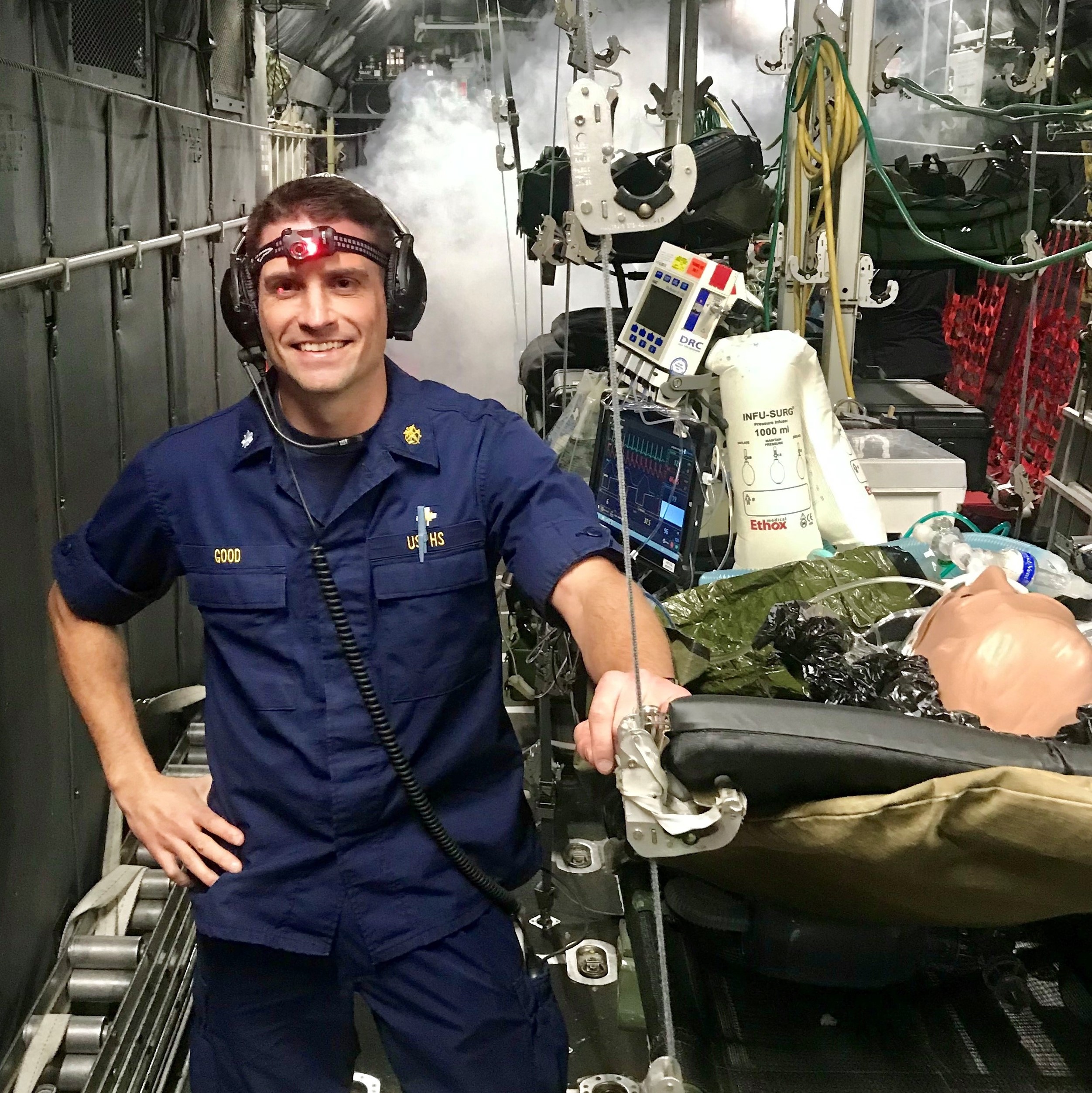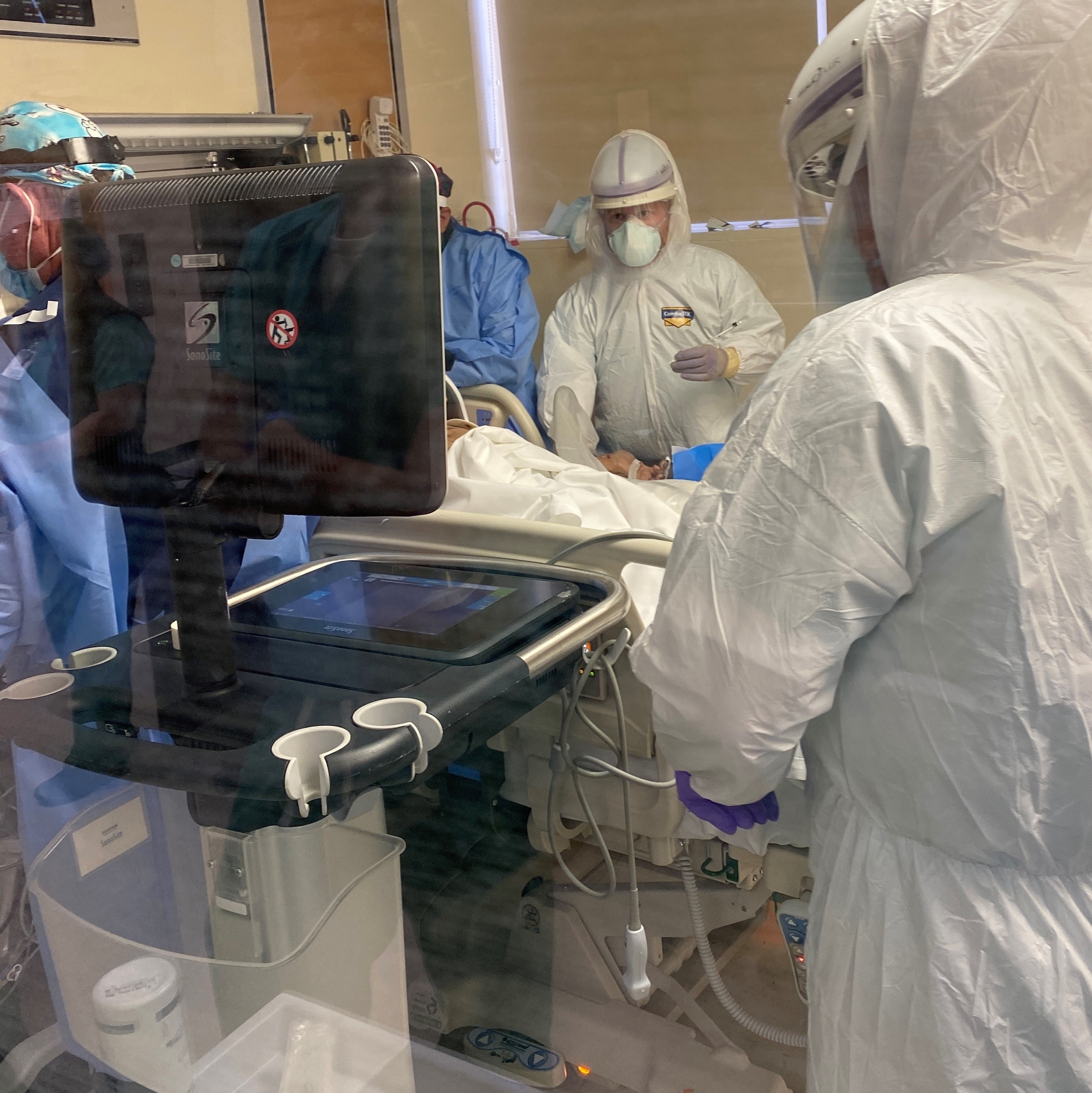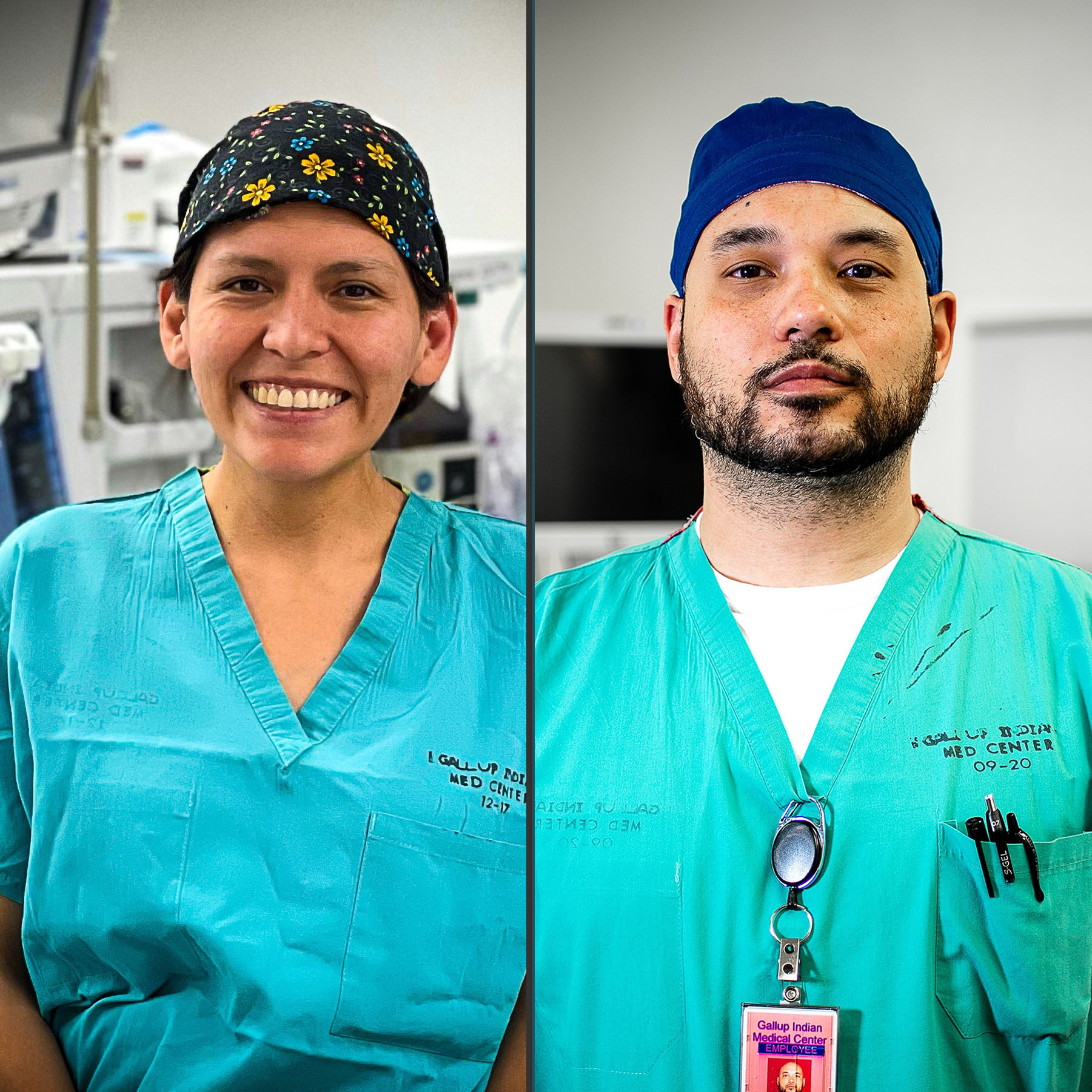Certified Registered Nurse Anesthetist
Indian Health Service Certified Registered Nurse Anesthetists (CRNA) are advanced practice registered nurses employed as civil service employees, U.S. Public Health Service Commissioned Corps officers, and contractors. CRNAs improve access to care and decrease the travel distance required for higher levels of anesthesia care for American Indians and Alaska Natives in remote and isolated locations. This access reduces morbidity and mortality by improving provider availability for urgent critical care anesthesia needs. During the COVID-19 pandemic response, CRNAs played a significant frontline role in ventilator management and demonstrated the ability to modify operating room ventilators into ICU ventilators for critically ill patients.


Currently, 59,000 CRNAs are practicing throughout the United States. CRNAs make up more than 80 percent of anesthesia providers in rural areas in America. Nurse anesthetists have been providing anesthesia care for over 150 years, with the CRNA credential beginning in 1956. CRNAs complete 7-8 years of education and clinical training and hold either a master’s or doctoral degree from an accredited nursing anesthesia program.

A career in nurse anesthesia is fulfilling, offering a challenging, critically important role and diverse opportunities in health care. CRNA program entry requirements are a baccalaureate or graduate degree in nursing, an unencumbered license as a registered nurse, and a minimum of one year working as a nurse in critical care. The graduate of a CRNA program will complete approximately 9,000 hours of clinical experience in addition to educational coursework and must pass a national board certification exam to receive a license to practice as a CRNA. You can learn more about becoming a CRNA from the American Association of Nurse Anesthesiology.


